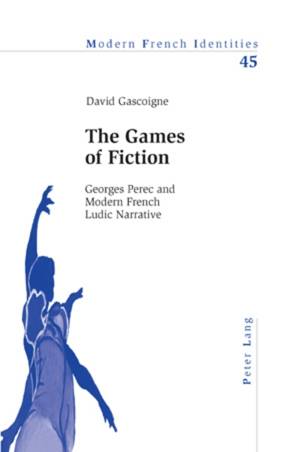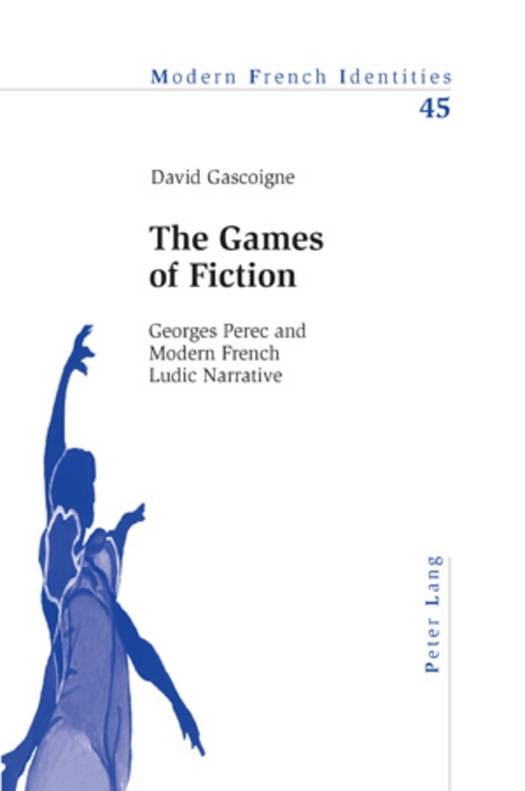
Door een staking bij bpost kan je online bestelling op dit moment iets langer onderweg zijn dan voorzien. Dringend iets nodig? Onze winkels ontvangen jou met open armen!
- Afhalen na 1 uur in een winkel met voorraad
- Gratis thuislevering in België vanaf € 30
- Ruim aanbod met 7 miljoen producten
Door een staking bij bpost kan je online bestelling op dit moment iets langer onderweg zijn dan voorzien. Dringend iets nodig? Onze winkels ontvangen jou met open armen!
- Afhalen na 1 uur in een winkel met voorraad
- Gratis thuislevering in België vanaf € 30
- Ruim aanbod met 7 miljoen producten
Zoeken
€ 102,45
+ 204 punten
Omschrijving
This book presents the first complete overview in English of the prose fiction of Georges Perec, recognised since his death in 1982 as one of the most influential and innovative French writers of his generation. In particular, it explores in depth the nature of the numerous, and often astonishing, games and ludic devices which he used to generate and develop his material and to draw his readers into a playful interaction with his texts. Moreover this study situates Perec's writings as the culmination of a significant tradition in twentieth-century French writing, that of ludic fiction, whose evolution is traced from Roussel to Ricardou and the Nouveau Roman and Oulipo movements. In so doing, it seeks to answer two important questions: why did ludic writing reach such particular prominence in the 1960s and 1970s? What made its appeal for Georges Perec so special that it came to shape his whole approach to writing, and led this orphan of war and holocaust to invest literary game-playing with such a profound personal and cultural importance?
Specificaties
Betrokkenen
- Auteur(s):
- Uitgeverij:
Inhoud
- Aantal bladzijden:
- 332
- Taal:
- Engels
- Reeks:
- Reeksnummer:
- nr. 45
Eigenschappen
- Productcode (EAN):
- 9783039106974
- Verschijningsdatum:
- 8/12/2006
- Uitvoering:
- Paperback
- Formaat:
- Trade paperback (VS)
- Afmetingen:
- 150 mm x 220 mm
- Gewicht:
- 479 g

Alleen bij Standaard Boekhandel
+ 204 punten op je klantenkaart van Standaard Boekhandel
Beoordelingen
We publiceren alleen reviews die voldoen aan de voorwaarden voor reviews. Bekijk onze voorwaarden voor reviews.











